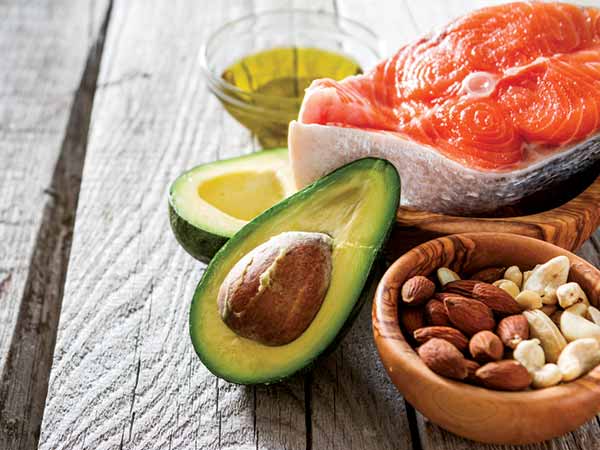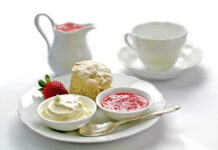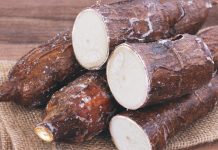Kidneys are bean-shaped organs that perform vital functions. They filter the blood and expel waste as urine from the system. They also assist in hormone production and the balancing of minerals and body fluids. But they can also get damaged, and hence eating foods for kidney health is very important. When the organ malfunctions, it leads to fluid and waste build up in the blood.
Table of Contents
What is renal diet?
The associated risk factors and diseases include high BP and diabetes. Kidney problems can be chronic and reach an end or late-stage with renal failure. So, the patients have to limit their intake of sodium, potassium, phosphorus, and proteins. Phosphorus intake has to be less than 800 mg to 1000 mg per day, while sodium and potassium limits per day are 2000 mg.
Avocados: not a part of renal diet
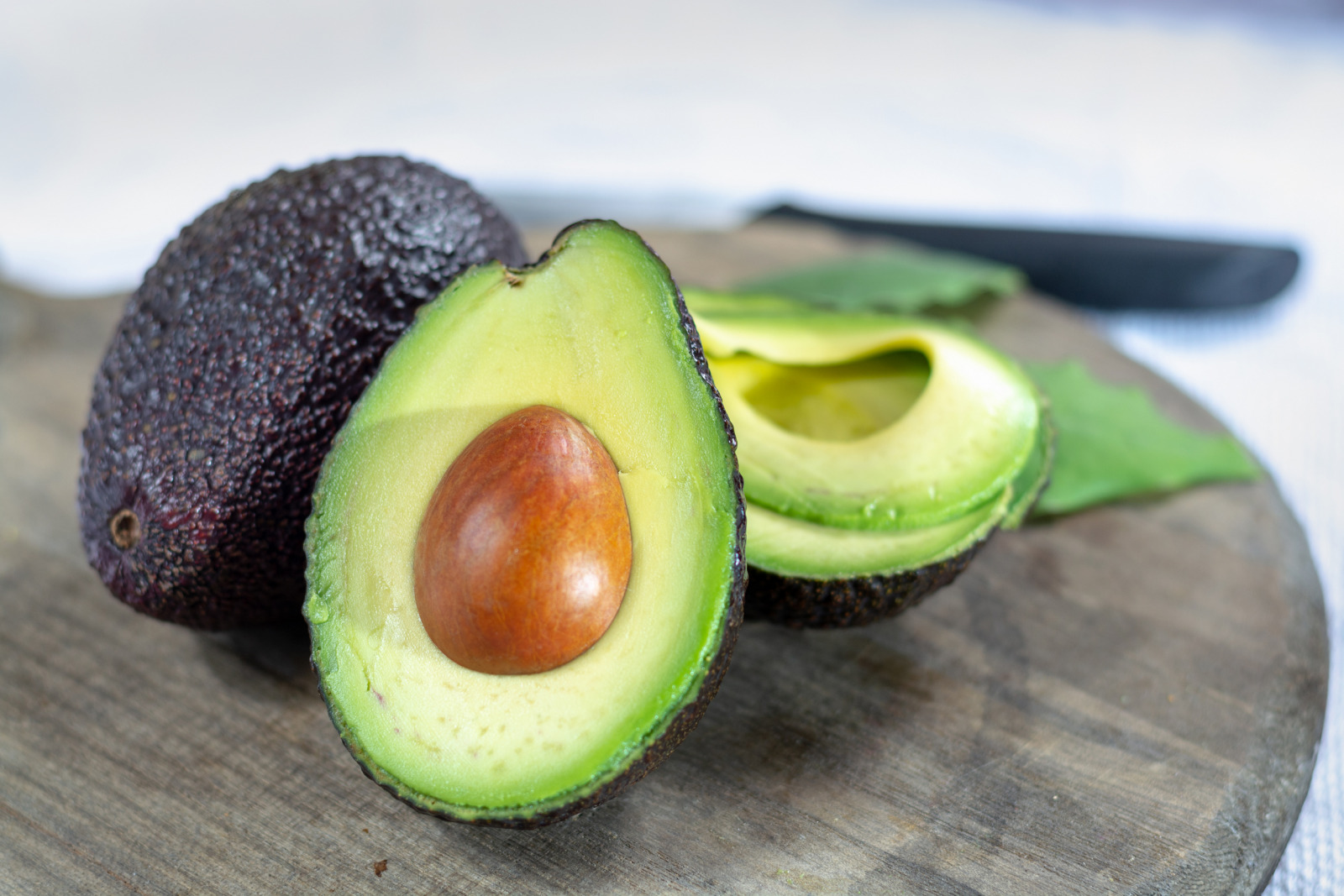
Avocado is a pear-shaped, versatile fruit with many nutrients. It looks enticingly green and has fats, fibers, vitamin E, and anti-oxidants. But the avocado is also an incredibly rich source of potassium. Just one cup or 150 g of the fruit has a whopping 727 mg of potassium. Those on a renal diet have to restrict their intake of this salt. So, you have to avoid it along with related dishes like guacamole.
Dark-colored sodas have additives
The calorie-rich drinks are sweet, sugary, and popular. But their darker varieties have unhealthy additives like phosphorus. The manufacturers add it to the beverage for flavor, color, and longer shelf life. But unlike the natural phosphorus, this additive does not bind to the protein. It gets excessively absorbed by the intestinal tract in the form of a salt. Also, 200 ml of dark soda has about 50-100 m of phosphorus content. Hence, such liquids are a definite no-no if you have kidney issues.
Canned items: harmful foods for kidney health
Inexpensive canned beans, vegetables, and soups are easy to carry. But they also have very high amounts of sodium. The salt is a natural preservative, but it affects those with renal problems. You can avoid these products and stay healthy. Alternatively, limit their consumption or choose cans with “no added salt” or “low sodium.” Foods like tuna and beans are best when drained and rinsed to reduce the sodium content by 33% to 80%.
Whole wheat bread has avoidable substances
Bread is a part of everyone’s diet, and selecting the right variety is very difficult. Healthy consumers prefer whole wheat bread over refined, white flour bread. Yes, whole wheat is nutritious, bran and fiber-rich. But it also has high amounts of salts that are not renal friendly. A bread serving of 1 ounce or 30 g has 57 m of phosphorus and 69 m of potassium. The equivalent amount of white bread has only 28 mg of both. And both these bread varieties have high amounts of sodium as well. So, choose suitable bread after reading the nutrition labels. And restrict the quantity of consumption.
Bananas are not the best foods for kidney health
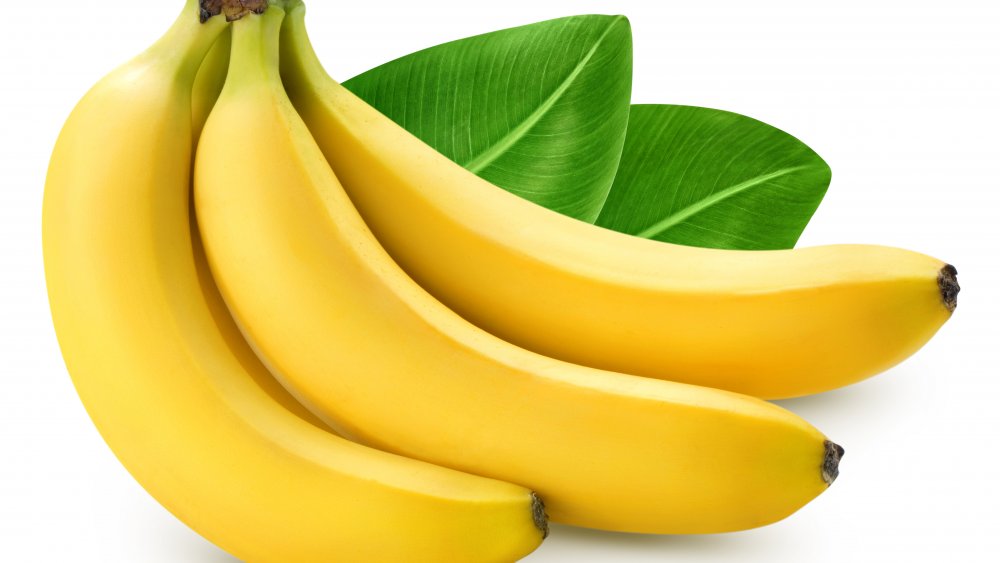
Bananas do not have much sodium, but the potassium content is high. One medium-sized fruit has up to 422 mg of the substance. Please do not make it a part of your staple diet as renal patients can’t consume more than 2000 mg of potassium per day. You have to avoid such tropical foods for kidney health. Pineapples are a good alternative as they are more renal-diet friendly.
Dairy products: not the best foods for kidney health
Milk and dairy items are nutrient-rich and consumed daily by everyone. They are a rich source of calcium and healthy fats. You can build up strong muscles and bones by relying on these foods. But they are not suitable for those who have kidney problems. A 240 ml cup of whole milk has 350 mg of potassium, 222 mg of phosphorus, and 8 mg of protein. These excessive amounts not only damage the kidneys but also weaken the bones. You will also build up protein waste in the body. Try milk extracted from almonds and un-enriched rice instead.
Brown rice is not best for you
Brown rice, similar to whole-wheat bread, is not suitable for renal patients. A cup of cooked brown rice has 150+ mg of potassium and phosphorus. On the other hand, white rice of the same quantity contributes only 1/3 of these avoidable substances. You can consume brown rice but make sure the intake is moderate and balanced. There are, however, many substitutes like buckwheat, couscous, and pearled barley.
Apricots are full of potassium
This yellowish-orange stone fruit is good for digestion and eyesight. It also has plenty of fiber, vitamin C, and vitamin A. But apricots have a negative effect on those on a renal diet. A cup of fresh apricots has 427 mg of potassium, and a dried cupful of the fruit provides up to 1500 mg of salt. So, do not consume such foods for kidney health, functioning, and vitality.
Processed meats are unhealthy
The protein-rich foods that come in a can undergo processes for preservation using salts like sodium. Some brands offer dried and cured meat. These processed meats have taste, flavor, and a lot of protein, but renal patients have to monitor their salt and protein intake. They have to exclude bacon, hot dogs, beef or pork jerky, sausage, etc. from their daily diet. If you cannot resist, consume only in moderation.
Packaged meals: bad foods for kidney health
Packaged foods, instant dishes, and pre-made meals are not healthy for those with and without kidney problems. Noodles, microwave dishes, and frozen pizza are some of the examples of such packaged meals. These highly-processed foods do not even have essential nutrients. Besides, their high sodium content leads to high BP, kidney malfunctioning, and stress.
Pickled items have excess salts
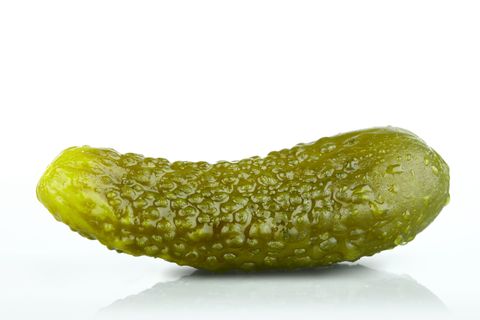
Processed olives, relish, and pickles are tasty but cured and preserved using sodium. Two tbsp of sweet, pickled relish has 244 mg of sodium. You find more than 300 mg in a single pickled spear or cucumber. Pickled green olives also have 195 mg of sodium. Some stores sell low sodium pickle jars, but you still have to look out for other additives and chemical preservatives that replaced sodium. Watch your portions and limit them in a renal diet.

